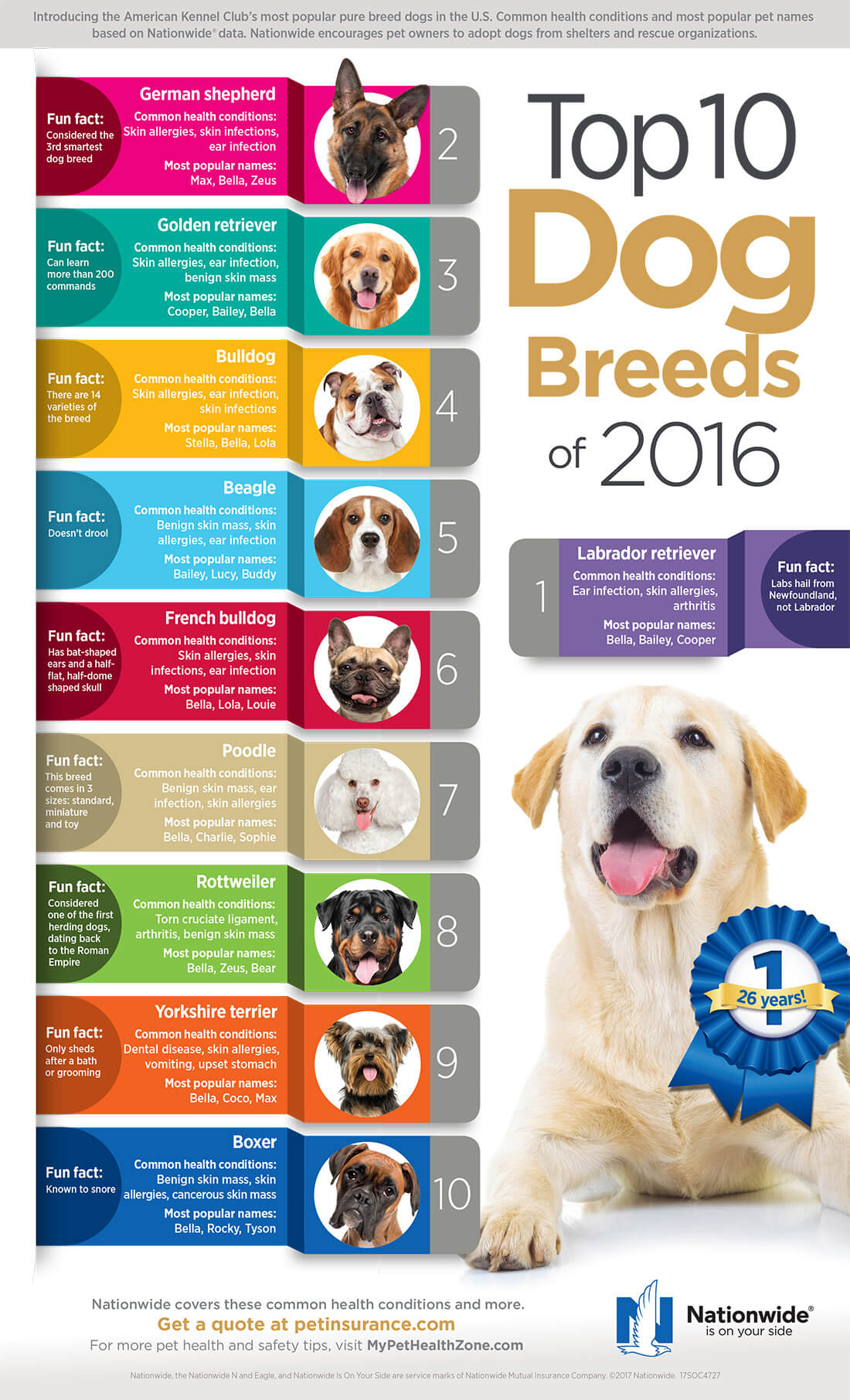First Day At Dog Daycare Tips
First Day At Dog Daycare Tips
Blog Article
Can Pet Day Care Cause Disease?
Dogs in childcare get lots of exercise, socializing with various other pet dogs and distinct experiences. This can be particularly handy for young puppies and canines with behavioral concerns.
There are several legal considerations you need to take into consideration when beginning a dog childcare business. These include the structure of your company and conformity with federal government laws.
1. Canine Distemper
Canine distemper is spread out through direct contact with the bodily fluids and waste of an infected pet, yet it can also be transmitted through common water and food bowls or via air-borne beads. This highly contagious disease is most harmful for puppies, but it can impact dogs of any age and is fatal for many if left without treatment.
Preliminary signs of canine distemper commonly resemble an acute rhinitis, consisting of dripping eyes and nose with watery or pus-like discharge. As the condition proceeds, a pet will certainly create high temperature, coughing, lowered cravings, throwing up and looseness of the bowels. The infection can additionally strike the nerves, causing seizures, shivering and partial or full paralysis.
Credible childcares minimize direct exposure to infection by needing vaccinations, routine health examinations and follow strict health methods. If your dog appears extremely weary or hopping, a day off might assist him recuperate, but you should avoid taking him back to daycare till these signs and symptoms improve.
2. Kennel Coughing
Kennel cough, also known as transmittable canine tracheobronchitis or Bordetella, is a very transmittable viral or microbial illness that affects the respiratory system. It's generally moved with the exchange of saliva or air droplets that a sick pet breathes out. Social pet dogs are at higher risk for infection as a result of their regular interaction with one another, such as when they play, share food or water, sniff each other or merely satisfy in a crowded environment like a pet park or childcare.
One of the most typical symptom of kennel coughing is a consistent and powerful cough that sounds like something embeded the throat or retching. Commonly, canines will divulge foamy white phlegm. If left neglected, a dog can create pneumonia and go to major risk permanently.
A trustworthy childcare facility need to have stringent cleaning and hygiene methods, sterilize all toys, food and water bowls consistently, and be open concerning their vaccination plans. Keeping your dog approximately day on their vaccinations, especially for bordetella and canine influenza, will greatly lower their possibilities of contracting the ailment.
3. Parvovirus
Canine parvovirus, or parvo, is an extremely contagious viral ailment that can be lethal for puppies and young person pet dogs with poor body immune systems. It's most typically spread by straight contact with contaminated pet feces-- which can occur when pets smell, lick, or taste contaminated feces-- and indirectly from contaminated individuals, items, or environments (like kennels, brushing rooms and grass). Young puppies and pets without total vaccination backgrounds are especially at risk to parvo.
The virus is exceptionally durable, surviving in the atmosphere for up to 9 years, and can easily be moved between pets by get in touch with via feces or on shoes, clothing, and bed linen contaminated with parvovirus. Otherwise treated promptly with IV fluids, electrolyte equilibrium, vomiting boarding for dogs control medicines and antibiotics to avoid secondary microbial infections, a dog will quickly dry out and establish extreme diarrhea, which brings about shock and sepsis. Parvo is hard to cure as soon as a dog has actually become ill, however with appropriate veterinary treatment, numerous pups do survive this health problem.
4. Canine Influenza
Pooch influenza infection is highly infectious and spreads via direct get in touch with, sharing food and water bowls, licking or nuzzling various other canines, via airborne beads, and via contaminated surface areas. Vaccination is effective in lowering the risk of infection and break outs.
The majority of impacted pets develop a moderate respiratory system infection with a cough that lasts 1-3 weeks. They might additionally have nasal and ocular discharge, sneezing, and sleepiness. Several of the most severe instances result in pneumonia and a high fever.
If your pet dog shows any of these signs, do not bring them back to childcare until they are healthy and balanced. If your pet is showing indications of severe exhaustion or limping, speak to your veterinarian immediately and make certain they get on good health supplements to assist construct their resistance. A veterinarian will examine your dog for symptoms of the influenza by taking an example from the nose or throat, and blood tests can be done to confirm.